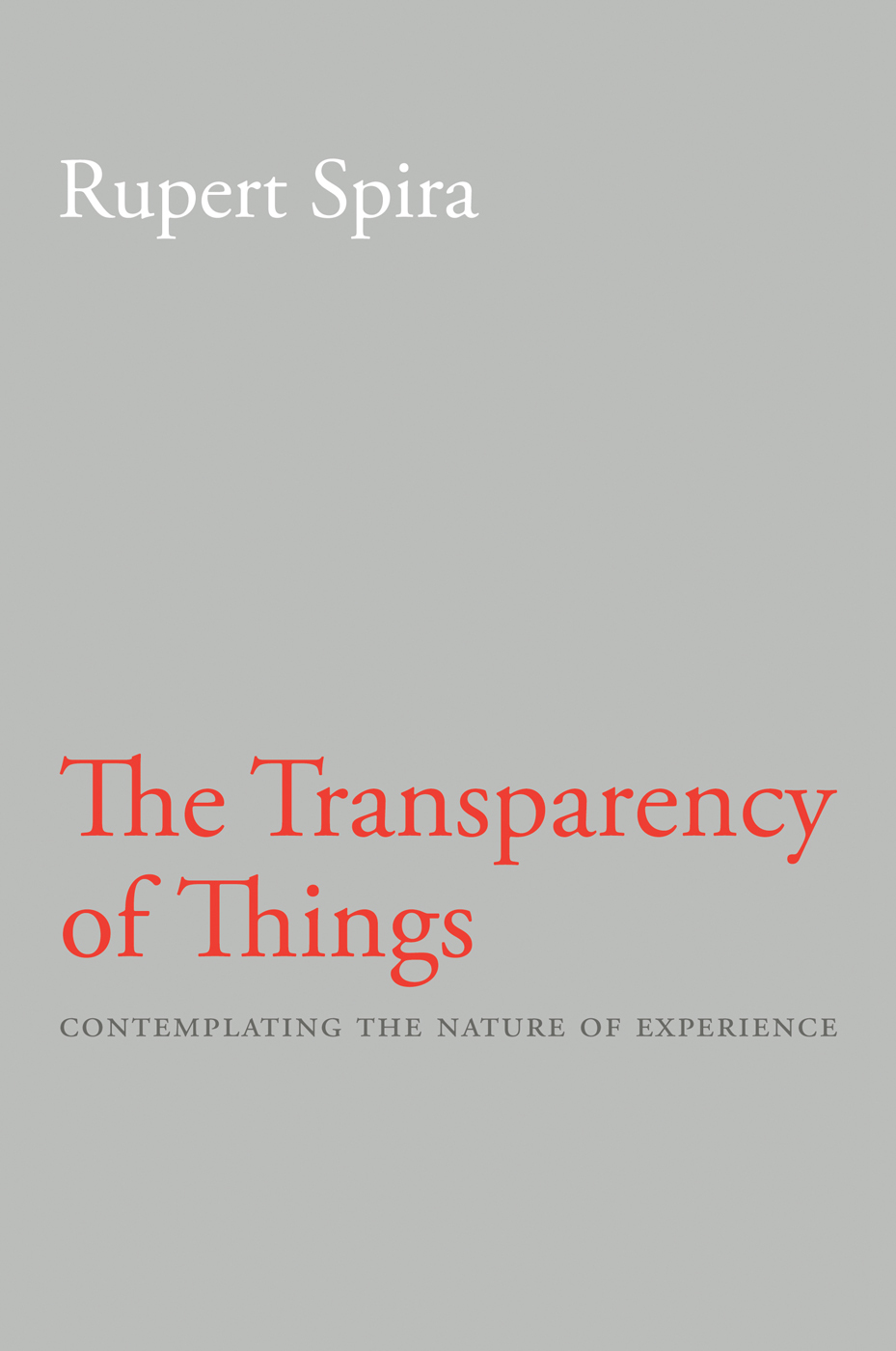What do you think?
Rate this book


264 pages, Paperback
First published October 30, 2008
"Consciousness cannot be described by the mind. The image and metaphors that are used in these contemplations are not descriptions of Consciousness. They are evocations of Consciousness"For those who are perhaps more grounded in the spoken-of Knowingness, what you read may not come across as new, something to learn per say, but it is excellent in its phrasing and expression of what you would already Know. It is this eloquence that really illuminates the profundity of these teachings all the while soothing the presence in which you receive them. There are many beautiful and imaginative analogies that smoothly present to you, the quintessence of these teachings as well as countless phrases that deserve to be highlighted and embraced in presence. This is where Rupert Spira shines, for a delicate balance has been struck between utilising a mere finite source, language, to allude to the infinite, Consciousness. While literally impossible to take things all the way in this sense, we are taken more than far enough in the right direction, to a place that is fittingly ironic in its ultimately directionless and indescribable nature; for we need not go anywhere, for it is both everywhere and yet no where in particular at the same time.
"The mind does not find Truth. It does not find Reality. It is dissolved in it"Well said Rupert...